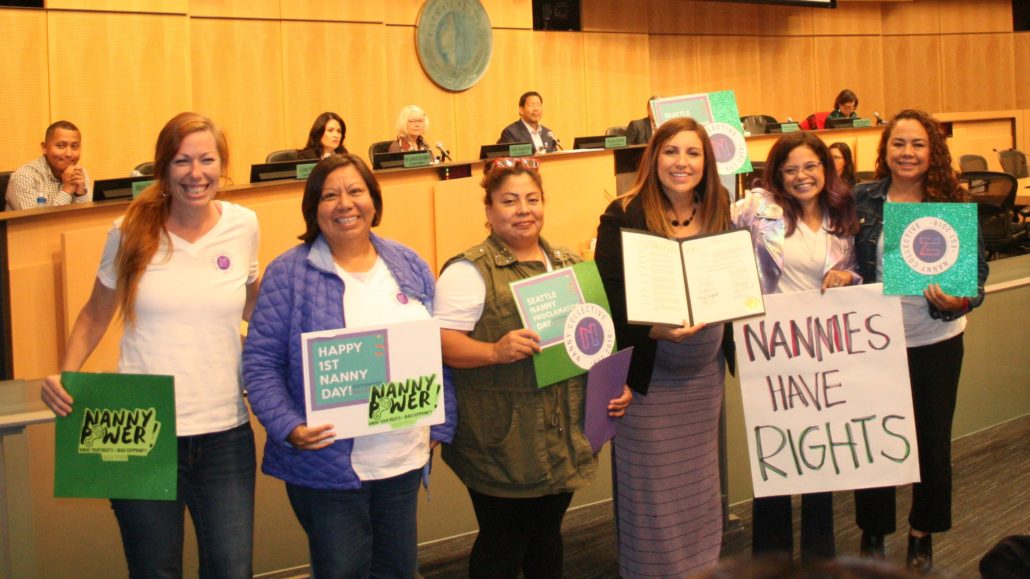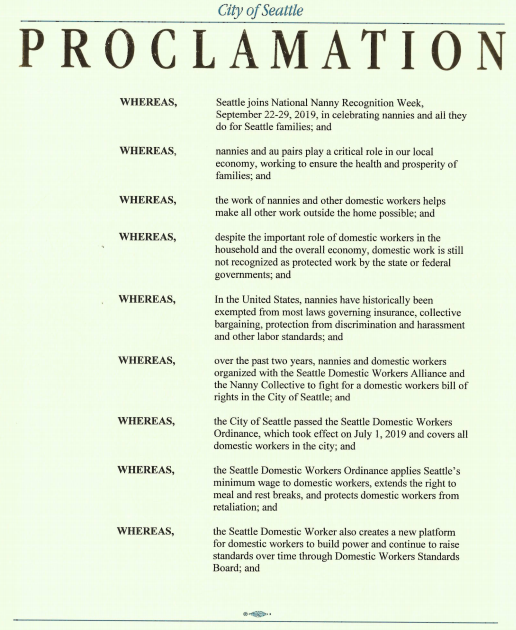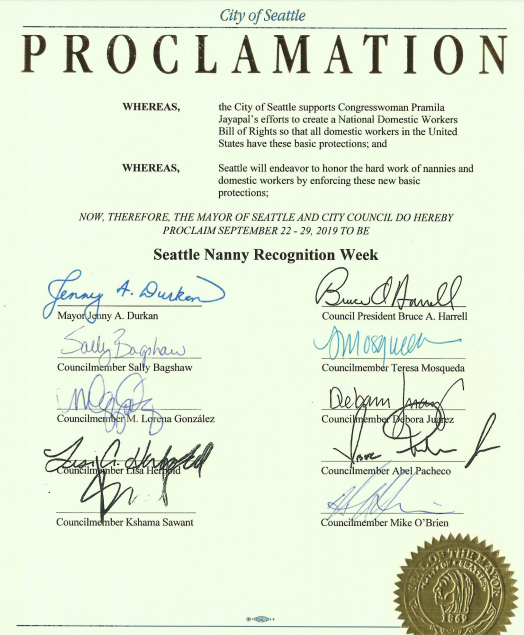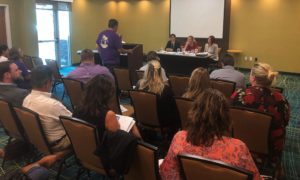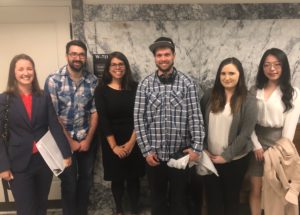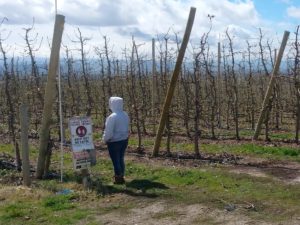Honoring Omar & the 76 workers who died on the job last year
Employers are failing in their responsibility to provide safe workplaces, especially in the agricultural industry. Last year, 76 workers across the state died on the job from traumatic health and safety incidents. One of those workers was Omar Gomez Lopez, a hop picker from Central Washington who was killed in a tragic equipment malfunction.
 Last month, Fair Work Center and Working Washington hosted the inaugural Omar Gomez Lopez Farmworker Rights Training and vigil in Grandview. Friends and family members of Omar’s were in attendance, as well as dozens of agricultural workers. Omar’s wife Rebecca said, “My heart is broken because there’s kids with no dad or no mom out there — and this continues to happen. At the training, I was so happy because I saw a lot of workers there learning what their rights are and what’s out there for them, and it made my heart at peace for a while.”
Last month, Fair Work Center and Working Washington hosted the inaugural Omar Gomez Lopez Farmworker Rights Training and vigil in Grandview. Friends and family members of Omar’s were in attendance, as well as dozens of agricultural workers. Omar’s wife Rebecca said, “My heart is broken because there’s kids with no dad or no mom out there — and this continues to happen. At the training, I was so happy because I saw a lot of workers there learning what their rights are and what’s out there for them, and it made my heart at peace for a while.”
In the wake of Omar’s death, Rebecca has decided to take action to improve workplace safety.
She invited family and friends & helped lead the training we held in Grandview. She’s been reaching out to community members to teach them about their rights, and has returned to school to study translation because she wants to make sure workers can learn about their rights in Spanish.
As Rebecca put it: “The training was the best thing that could have come out of Omar’s death. We brought the knowledge people needed, and let them know that they’re not alone and don’t need to be afraid.”
Everyone can help make our communities and our workplaces safer. Fair Work Center and Working Washington are holding regular trainings for farmworkers in central Washington. 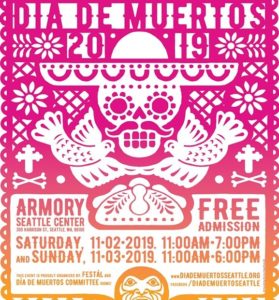
And over November 2-3, we’ll be hosting a vigil in honor of Omar and those 76 workers who died at the 2019 Día de Muertos Festival. Día de Muertos – or the Day of the Dead in English – is a Mexican holiday celebrated throughout Mexico, in particular, the Central and South regions, and by people of Mexican heritage elsewhere. Día de Muertos celebrates the lives of those who passed with food, parties, and activities the dead enjoyed in life, and it is said that their spirits are awoken by the revelry and partake in the celebration.
We think it is a fitting way to honor the life of Omar and so many other immigrant farmworkers killed or injured on the job. Seattle’s festival is held at the Seattle Center Armory and runs all weekend. We hope you’ll attend to pay your respects, honor, and celebrate the life of Omar and others who needlessly died on the job.

